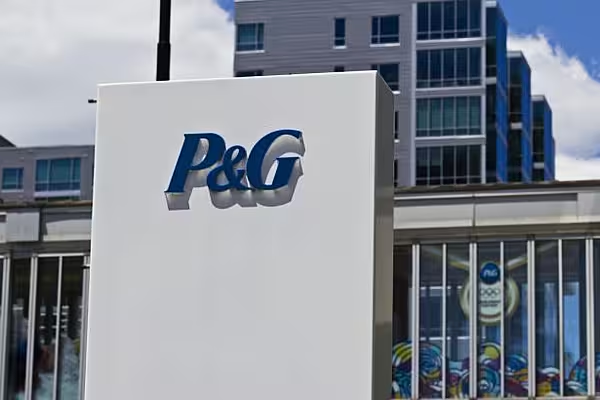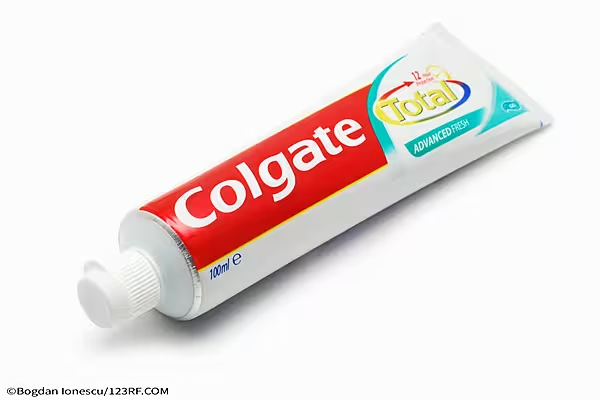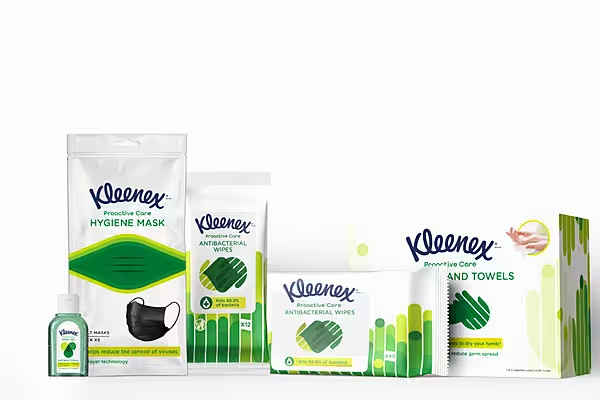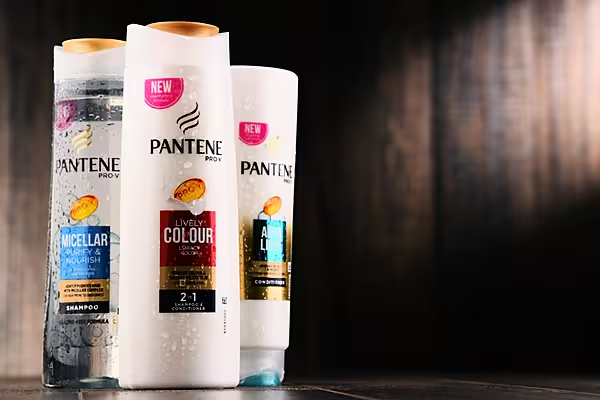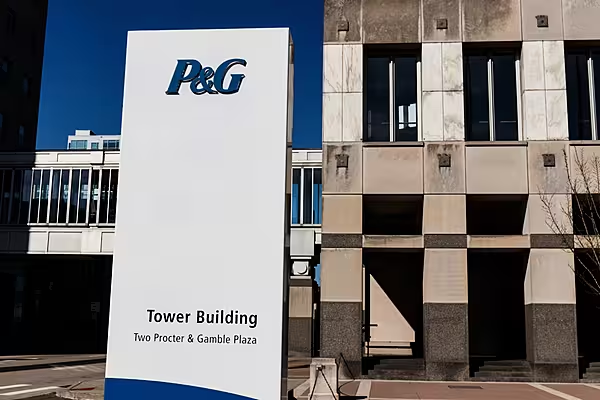On Wednesday, Procter & Gamble Co. announced two acquisitions - only one of which it wanted.
P&G, to its surprise, picked up activist investor Nelson Peltz, who is poised to gain a board seat after he won a recount of votes cast in a cantankerous proxy fight. The same day, the company revealed the purchase of the upstart Native deodorant brand - exactly the kind of deal that Peltz has been advocating.
But it’s going to take more than natural deodorant to keep Peltz happy.
The conflict between Peltz and P&G executives focuses on the pace and scale of a turnaround -- something both sides agree P&G needs. In resisting Peltz, Chief Executive Officer David Taylor had argued that billions in cost cuts and streamlined management were already yielding results. Peltz, meanwhile, backed a reorganization into three largely autonomous units, saying the maker of Tide and Pampers needs a different structure to goose innovation and recapture sales. Regardless of the final tally -- the preliminary official recount showed Peltz prevailing by only about 42,780 votes or 0.0016 percent -- about half of P&G’s shareholder sided with Peltz.
“Many institutional, individual, and employee investors are looking for bigger change, and P&G must recognize that now, win or lose,” said Ali Dibadj, an analyst at Sanford C. Bernstein.
Market Share
Peltz’s likely priority will be a better return on the reinvestments P&G has made with its cost savings, Dibadj said. That means capturing market share lost to newer and private-label competitors like Dollar Shave Club and even Wal-Mart Stores Inc., which spent a year retooling its own diaper brand.
P&G’s most recent results highlighted the challenge. While the Cincinnati-based company beat profit estimates, its sales growth remained sluggish, with declines in its grooming, baby and feminine hygiene categories.
In buying Native, P&G is promoting exactly the kind of smaller, fast-growing brand that Peltz says it needs to capture younger shoppers. The direct-to-consumer business, whose slogan is “Deodorant that isn’t a chemistry experiment,” touts the absence of ingredients such as parabens and aluminum. The company is only two years old and will continue to be based in San Francisco, P&G said.
“We’re focused on meeting the needs of as many consumers as we can,” P&G spokesman Damon Jones said. “And we’ll do that with the best brand.”
Growth Platforms
The company’s established brands of detergents, fabric softeners and deodorizers can serve as platforms that lead to offshoot products such as Tide Pods, Downy Scent Beads and Febreze Car with hundreds of millions of dollars in sales, he said. “Because they were attached to trusted, familiar, well-recognized brand names, they grew faster,” Jones said.
P&G’s focus remains on its familiar names, CEO Taylor said in an interview at the company’s headquarters in September. New products such as a special Rejoice shampoo formulation for the Chinese market are boosting growth, he said. While many of the smaller brands have compelling stories or packaging, they often fall short on innovation or performance.
“That doesn’t mean we shouldn’t enter some of these fast-growing categories,” Taylor said. But investors should worry about a corporate policy that focuses on chasing small brands through acquisitions. “It would be a very bad strategic choice to say, big brands can’t win,” he said.
News by Bloomberg, edited by ESM. Click subscribe to sign up to ESM: The European Supermarket Magazine.
